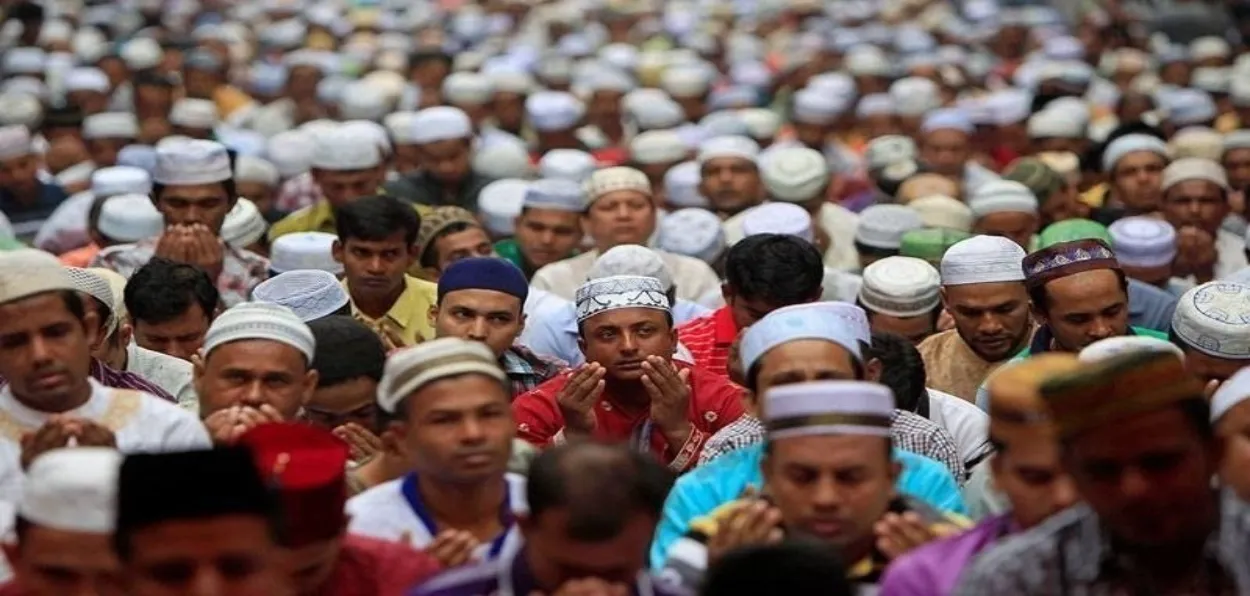
Eman Sakina
Akhlaq is an Arabic term referring to virtue, morality, good manners, ethics, and character as practiced by a believer of Islam. It has been reported that our beloved Prophet Muhammad said about Akhlaq in these words, “The only reason why I am sent is to perfect good Akhlaq.”
Friday Musings
Akhlaq is a key aspect of a believer’s faith and plays a crucial role in both individual and social life. The significance of Akhlaq in Islam cannot be overstated, as it is deeply rooted in the teachings of the Qur'an and the practices of the Prophet Muhammad.
The importance of Akhlaq is emphasized in numerous verses of the Qur'an. For instance, Allah says, "And indeed, you are of a great moral character" (Qur'an 68:4), addressing the Prophet Muhammad. This verse highlights the exemplary character of the Prophet, which serves as a model for all Muslims to follow. Moreover, the Qur'an frequently urges believers to uphold justice, kindness, and honesty in their dealings with others, all of which are core components of Akhlaq.
The Sunnah, or the practices and sayings of the Prophet Muhammad, further reinforces the importance of good character. The Prophet himself stated, "The best among you are those who have the best manners and character" (Bukhari).
This hadith underscores that a person’s standing in the eyes of Allah is closely tied to their behavior towards others.
On a personal level, good Akhlaq cultivates inner peace, self-discipline, and a strong connection with Allah. It encourages Muslims to reflect on their actions, intentions, and the consequences of their behavior, leading to a more conscientious and righteous life. A person with good Akhlaq is likely to be honest, patient, and forgiving, traits that are highly valued in Islam.
Socially, Akhlaq is the foundation of a harmonious and just society. It promotes mutual respect, compassion, and cooperation among individuals, regardless of their social status or background. The Prophet Muhammad emphasized the importance of treating others with kindness and respect, saying, "None of you truly believes until he loves for his brother what he loves for himself (Muslim)”.
This principle fosters a sense of brotherhood and community, essential for a cohesive society.
The application of Akhlaq is not limited to religious rituals but extends to every aspect of daily life. Whether in family interactions, business transactions, or social relationships, a Muslim is expected to exhibit good character. For example, honesty in trade, fulfilling promises, and showing kindness to neighbors are all manifestations of good Akhlaq.
In the family setting, Akhlaq is vital in nurturing strong, loving relationships. The Prophet Muhammad said, "The best of you is the best to his family, and I am the best among you to my family" (Tirmidhi). This emphasizes the importance of treating family members with care and respect, which in turn strengthens the family unit, a cornerstone of Islamic society.
Akhlaq also plays a significant role in Dawah, the act of inviting others to Islam. The Prophet Muhammad attracted people to Islam not only through his teachings but also through his exemplary conduct. His honesty, compassion, and patience were often cited as reasons why many converted to Islam. This highlights that a good Akhlaq is not just about personal virtue but also about setting a positive example for others.
ALSO READ: Why does a Maharaja's act of kindness define India-Poland ties even after 80 years
In Islam, Akhlaq is more than just a set of moral guidelines; it is a comprehensive approach to living a life that is pleasing to Allah and beneficial to society. By embodying good character, Muslims not only enhance their spirituality but also contribute to the well-being of their communities. The emphasis on Akhlaq in the Qur'an and Sunnah illustrates that ethical behavior is integral to the Islamic way of life, making it a critical aspect of a Muslim's faith and practice.
